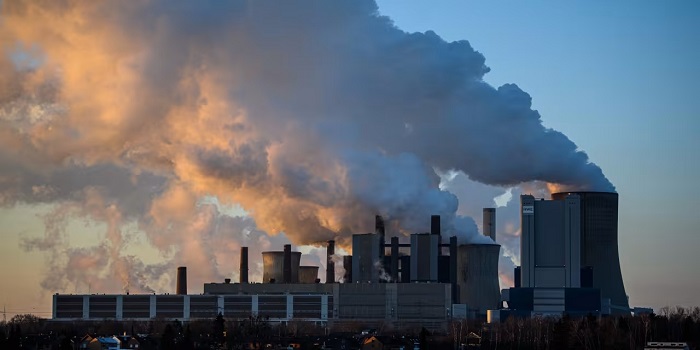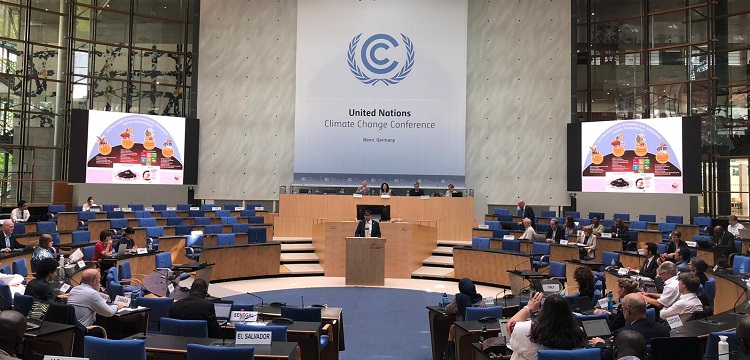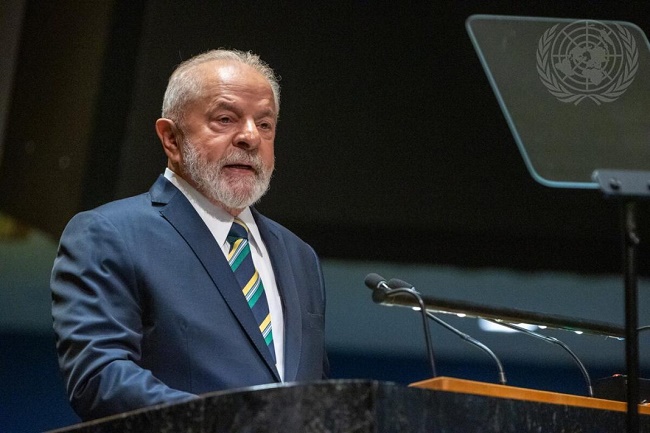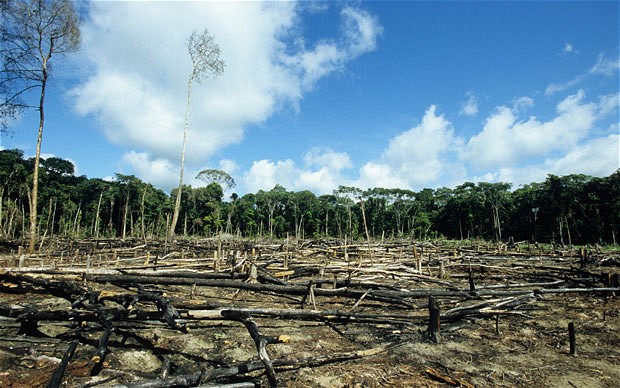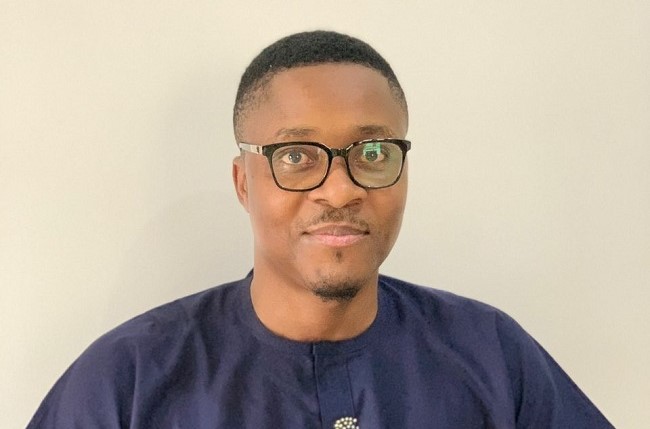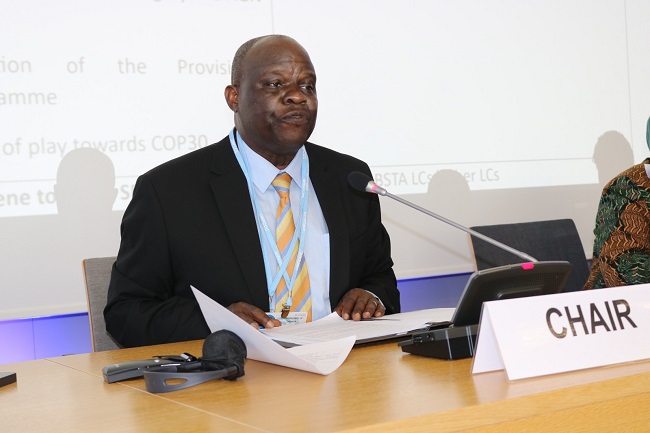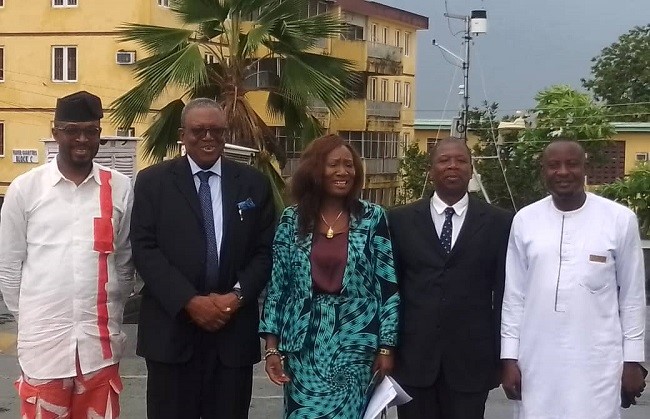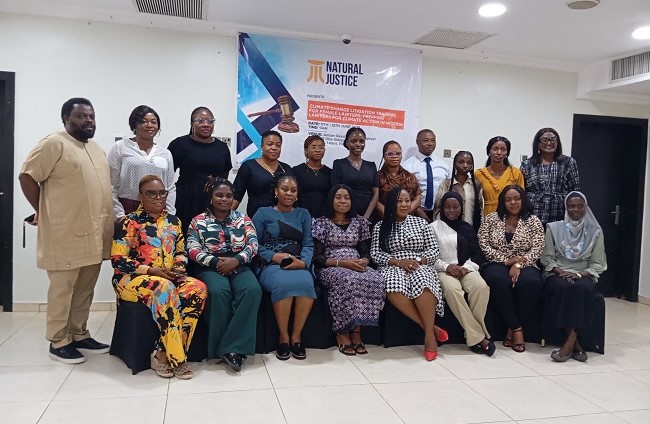As delegates gather for the UNFCCC SB62 climate negotiations, civil society voices from across the Global South and North are calling for a course correction grounded in justice, equity, and real accountability.
November’s COP30 in Belém must not repeat the failures of Baku, the campaigners insist.
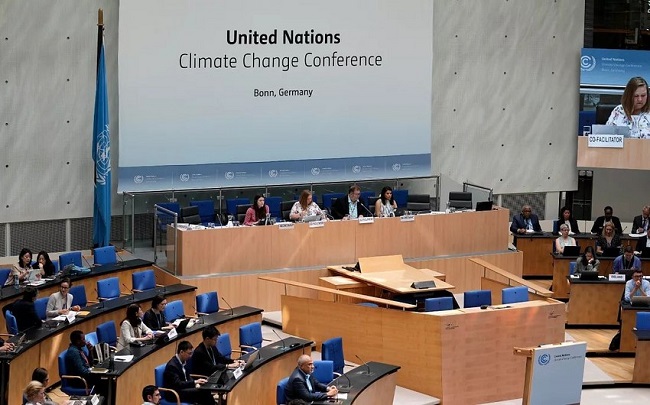
Bonn SB62 arrives at a moment of reckoning for the multilateral climate process. Six months after the collapse of trust at COP29 in Baku – where Parties failed to agree on a credible New Collective Quantified Goal (NCQG) on climate finance – civil society operatives believe that the credibility of the UNFCCC is under intense scrutiny.
“Vulnerable countries left Azerbaijan with unmet expectations and deepened mistrust. The result is a system creaking at the seams, and – in the year when countries are meant to deliver on their new climate plans – many people are now openly asking: can the UNFCCC still deliver the coordinated, equitable action the world urgently needs?
“This question lands in a world reeling from multiple overlapping crises. Wars, genocides, growing authoritarianism, weaponised trade, and unregulated digital upheaval have created a geopolitical environment that is increasingly resistant to collaboration.
“At the same time, the climate crisis is accelerating: temperatures are rising, weather extremes are worsening, and climate impacts are threatening lives and livelihoods across every continent. Yet even in this worsening context, the political will for ambitious, cooperative climate action – especially from the world’s largest emitters – remains alarmingly weak.”
Climate Action Network’s new expectations briefing sets out detailed demands across key negotiation tracks – highlighting the stark contrast between worsening climate impacts and the lack of political will from wealthy nations. As geopolitical instability, economic inequality, and ecological collapse deepen, the group wants SB62 to signal a decisive shift from fragmented, elite-led processes to people-centred multilateralism grounded in justice.
“COP30 can only succeed if the road to Belém rebuilds trust, prioritises equity, and delivers clear political and financial commitments that centre those most impacted by the climate crisis.”
June’s Triple Test for Climate Justice
The next few weeks present a rare and revealing sequence: the G7 Summit (June 15–17), SB62 in Bonn (June 16–26), and the Financing for Development Conference in Seville (June 30–July 3). Together, they expose the power dynamics that continue to stall climate finance, submitted CAN.
“From empty promises on debt and IMF reform at the G7, to stalled ambition in the COP process due to a lack of predictable finance, to the structural rules on tax, trade, and SDRs under scrutiny in Seville – June is a test of whether the global financial system can be reshaped to serve people and the planet. These are not separate tracks – they are one crisis. Justice, coherence, and political will must rise across all three if COP30 is to succeed.”
Tasneem Essop, Executive Director at Climate Action Network International, said: “We are facing a crisis of legitimacy and a breakdown of trust in the UN climate process. Government negotiators at the SB62 session must send a clear signal that the decisions and actions they take will ensure that justice is not a side conversation – but the core principle that will determine whether COP30 can succeed or not.”
Key Demands Ahead of COP30
Centring Justice in Just Transition: A Just Transition must uphold human rights, labour rights, and the rights of Indigenous Peoples. It must guarantee social protection, ensure inclusion and social dialogue, and be rooted in equity and international solidarity. This includes providing debt-free climate finance and fair access to technology. The establishment of the Belém Action Mechanism (BAM) would accelerate and strengthen Just Transition efforts within and between countries – giving voice to workers and communities in shaping the transitions they need, and supporting countries to build economies free from pollution, debt, and regressive technology and trade rules.
Delivering Justice for Climate-Impacted Communities: Justice means adaptation and loss & damage get real money, not empty promises. Communities on the frontlines of climate breakdown need urgent support now. SB 62 must deliver a justice-centred roadmap for COP30: finalise adaptation indicators that reflect grant-based finance, set a new public target to replace the outdated doubling goal, and build a permanent UNFCCC agenda on Loss and Damage. The new fund must be fast, fair, and fully resourced – because delay equals denial.
Advancing Economic and Financial Justice: Fix the money or forget the climate goals. From Baku to Belém, the roadmap must shift public finance from fossil fuels to frontline solutions. That means ending subsidies and fossil finance by 2025, taxing polluters under a UN framework, linking climate justice to debt relief, and reforming global rules to give the Global South real access to resources. Climate finance must be public, grant-based, and transparent – no offsets, no loopholes, no excuses. Let’s make polluters pay – and make finance finally work for the many.
Beyond Just Transition, adaptation and finance, SB 62 must also deliver progress across key negotiation tracks:
- The Global Stocktake must confront the emissions and finance justice gaps head-on, not hide behind vague gestures.
- Ambition discussions must drive real and equitable emission cuts across whole economies – and all NDCs must be submitted by September in time for consideration in the UNFCCC NDC Synthesis Report, with rich countries taking the lead.
- Sectoral work must fast-track fossil fuel phase-out, align agriculture with agroecology and food sovereignty, and protect ecosystems from false solutions.
- Finally, shrinking civic space and surveillance of observers threaten the legitimacy of the UNFCCC itself – Bonn must mark the start of a course correction on human rights and participation.
Jacobo Ocharan, Head of Political Strategies at Climate Action Network International, said: “Justice is the red thread – from finance to forests, from transition plans to civic space. If it is not centered, the climate process will lose what little credibility it still holds.”

